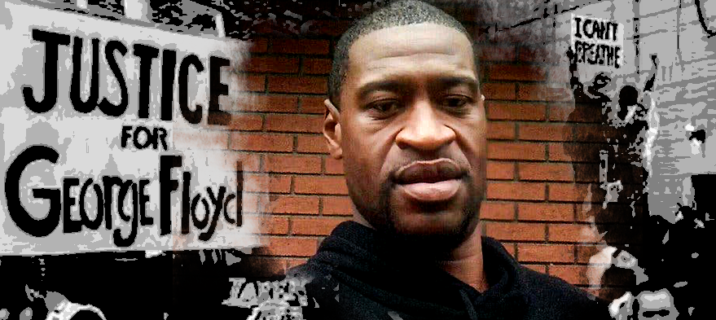External Events and Mental Health
- Emerging Ally
- Mar 1, 2022
- 4 min read
My last post talked about how things outside the office impact your ability to perform in the office. When bad things happen to you outside the office they impact you when you walk in the door.
In my past we were expected to leave things at the door when we walked into work. Personal life shouldn’t impact you at the office. The old saying: Nothing personal just business. I also said this was crap.
But that was how we were expected to be. Anything less was weakness and threw doubt on your ability to handle stress. Weakness was seen as a career threat and could impact people’s perception of your ability to lead a team.
This is also true for events even if you have no personal involvement.
Many of us remember 9/11. After those tragic events office life was very different as everyone coped with the enormity of the event. The collective grief and sadness. My office was no exception. Not much work got done. We all spent time checking on colleagues and family - particularly those located in the New York City area. Everyone understood why. We couldn’t leave that at the door.
The US Census department in response to COVID-19 started a series of weekly pulse surveys of households in the US to try and help understand the impact of the pandemic. These weekly surveys started April 23, 2020 and have been going on for the past 2 years. The surveys break the results down by a variety of demographic categories including but not limited to: race, gender, and sexual orientation. They survey a number of categories such as: Employment, Food Security and Health among others. Within health they specifically survey for mental health.
Week 5 of the survey showed a huge spike in the mental health category. There was a significant rise in the instances of anxiety and depression among African Americans from a reported 36% the prior week to 41%. Conversely the population identifying as white experienced little to no change.
Week 5 of the survey was the week of May 28, 2020. The video of George Floyd’s murder began circulating widely 4 days prior.
The impact of that event was felt worldwide and in millions of homes across the country. And it impacted our colleagues at work.
I heard countless stories of people impacted, stressed, unable to concentrate. Trying to work in the midst of their own 9/11.
The Tree of life synagogue. The Atlanta spa. The Pulse Nightclub.
Each of these incidents impacted different groups. Jewish. Asian. LGBTQ+. And they each felt their own trauma.
When these events happen how do you deal with it as an ally? How do you help? Do you even try to help at all?
As an ally this is tough.
So this is where the don’ts come in.
Don’t explain things. Just don’t. Don’t explain the situation. Someone who is feeling the weight of the event probably knows more than you do about it. In today’s constant news cycle with all the social media they have probably heard more about it from more angles than you have. So your facts are irrelevant.
Don’t pity. THE WORST thing you can do is pity. Do you like pity? I don’t.
Don’t say you understand. You might think you understand the situation as explained on CNN but you don’t understand their perspective on it. You are not in their shoes seeing it through their eyes. They have lived a life and have experiences you haven’t and those experiences are crucial to their perspective.
What you can do is listen. Just listen.
But first maybe wait.
When George Floyd was murdered, I waited. It was so prevalent in the media I just waited. After some time I reached out to a few close friends and asked how they were doing. Nothing fancy. I didn’t mention George Floyd. Many people want to keep private and I respect that. I just sent a simple email to ask “How are you? Hope all is well. Would love to chat and catch up.” If someone wanted to connect I made time. But if they didn’t I let it sit for a while.
But then I would follow-up in a few weeks …. I am stubborn like that…. But I want them to know this isn’t a fly by. I am there. See my dad always said the most important thing in life was to “be there”. And so I would follow-up with a similar note. I hope it tells people I am here if you need me.
One thing I didn’t do was mention George Floyd. I didn’t want to add to the trauma.
But if they chatted I just generally listened. Didn’t talk. Sometimes it was a silence on the phone but that’s OK. Silence is fine. I just worry about “being there”.
If we recognize that events outside the office impact people at work, we need to have empathy for people at work that are impacted by these events. And we have to listen.
As always I hope this helps. I look forward to continuing the conversation. Please let me know your thoughts in the comments.
All the best,
Dave Terné













There is no such thing as "work-life balance." It's really a work-life BLEND and these past few years have shown us all this as we've visited each other at home via zoom.